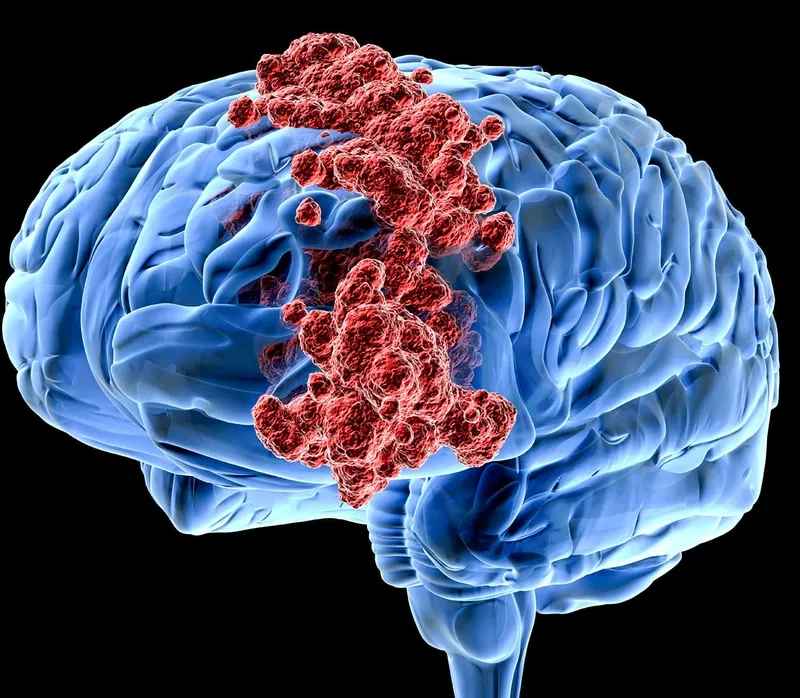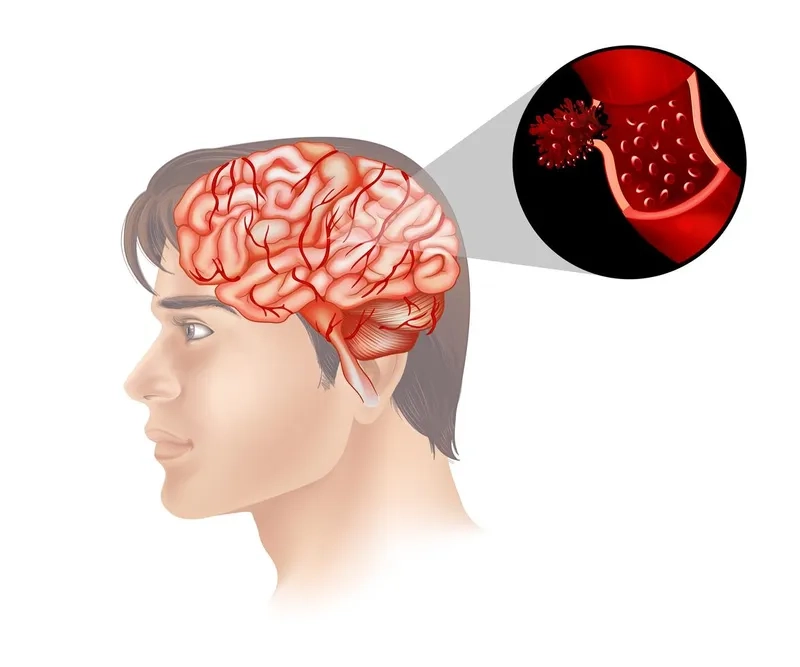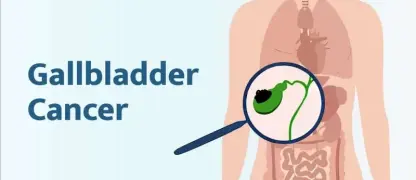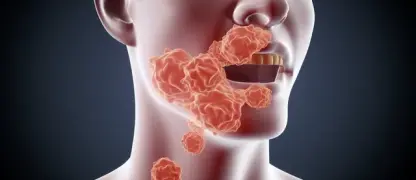Don't ignore persistent headaches or sudden neurological changes. Understanding the potential signs of brain cancer is crucial for early detection. Knowing the key facts can lead to a timely diagnosis, which is the first step toward effective treatment and management.
What are the main causes of Brain Cancer?
- The exact cause of most primary brain cancers is unknown, but they begin when brain cells develop DNA mutations, causing them to grow and multiply uncontrollably.
- A major risk factor is exposure to high-dose ionizing radiation, often from previous radiation therapy treatments used to target cancers in the head area.
- Having a family history of brain tumors or certain rare genetic syndromes, like neurofibromatosis, can also increase a person's risk for the disease.

Key symptoms of Brain Cancer to watch for
- Common brain tumor symptoms include new or persistent headaches that are often worse in the morning, unexplained nausea, and problems with balance or coordination.
- Neurological signs of brain cancer can involve personality or memory changes, new onset of seizures, vision problems, and loss of sensation in a limb.
- The specific brain cancer symptoms depend heavily on the tumor's size and location, as it can affect different functions of the brain accordingly.
How is Brain Cancer Diagnosed?
- A brain cancer diagnosis typically begins with a neurological exam, followed by imaging tests like an MRI or CT scan to get detailed pictures.
- A biopsy, where a tissue sample is removed and analyzed by a pathologist, is the only definitive way to confirm the type of tumor.
- This helps identify specific types of brain cancer, such as glioblastoma, and determines the stages of brain cancer, which is crucial for planning treatment.
>>> See details: Ovarian cancer - Don't ignore these subtle warning signs
Clinical manifestations of Brain Cancer - a visual reference







>>> Learn now: Uterine cancer - Understanding the most common symptoms
Early and accurate diagnosis is vital for creating an effective brain cancer treatment plan and impacts the overall survival rate. If you experience persistent or concerning neurological symptoms, it is essential to consult a doctor for a thorough evaluation.
>>> See more: Preventing cervical cancer - The role of HPV vaccination






